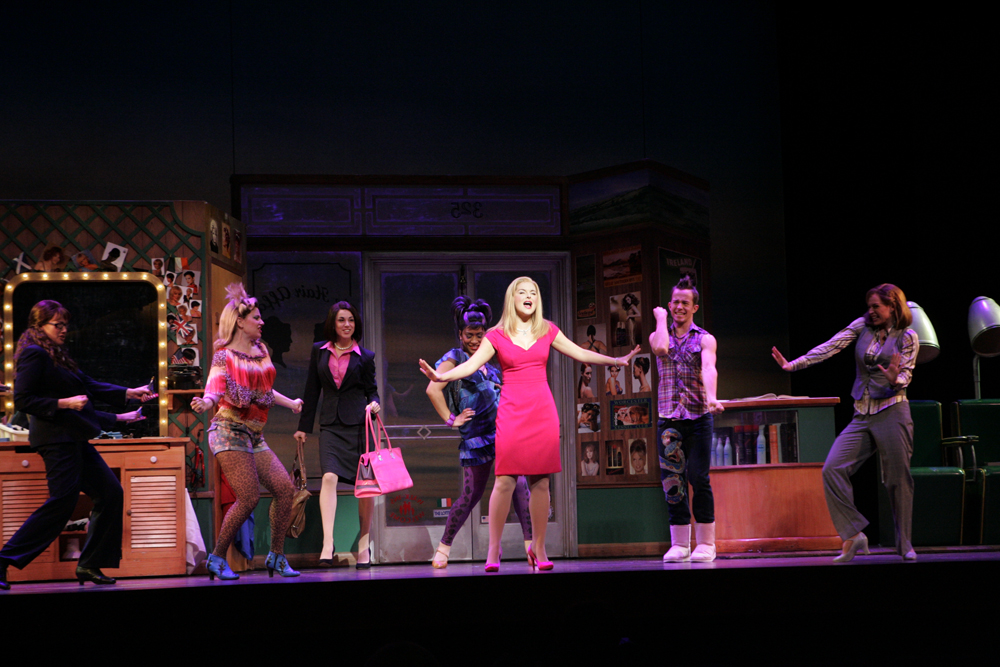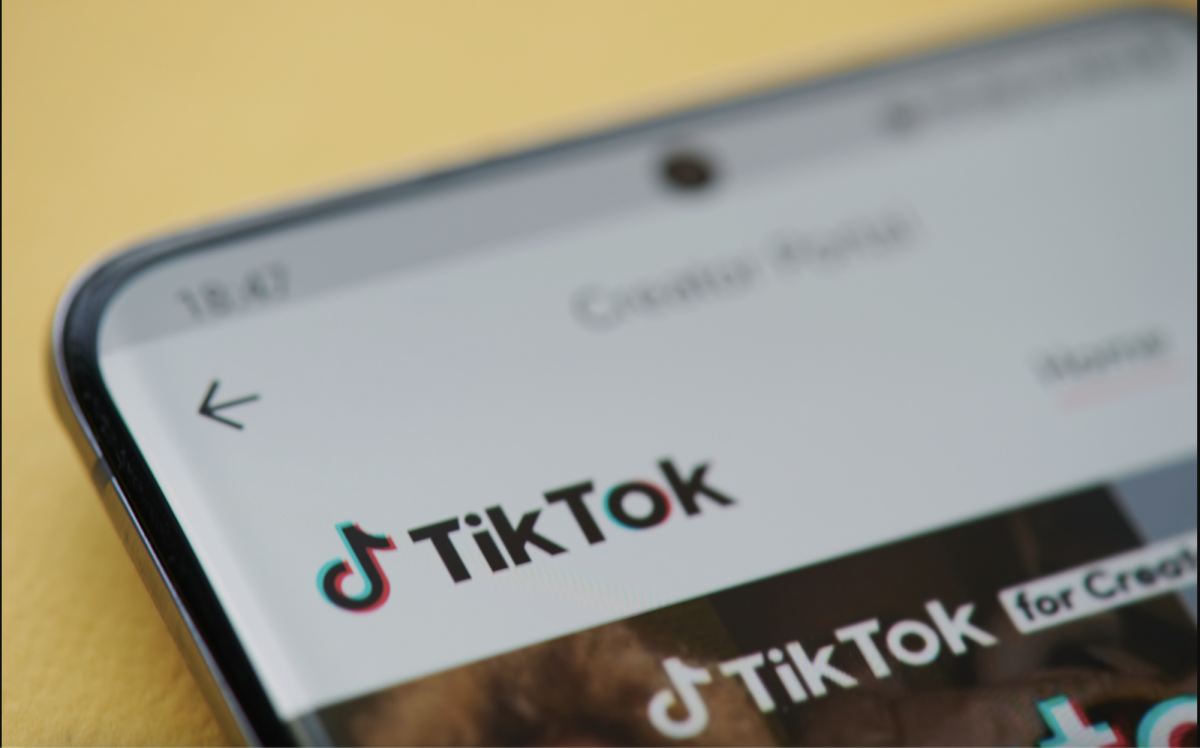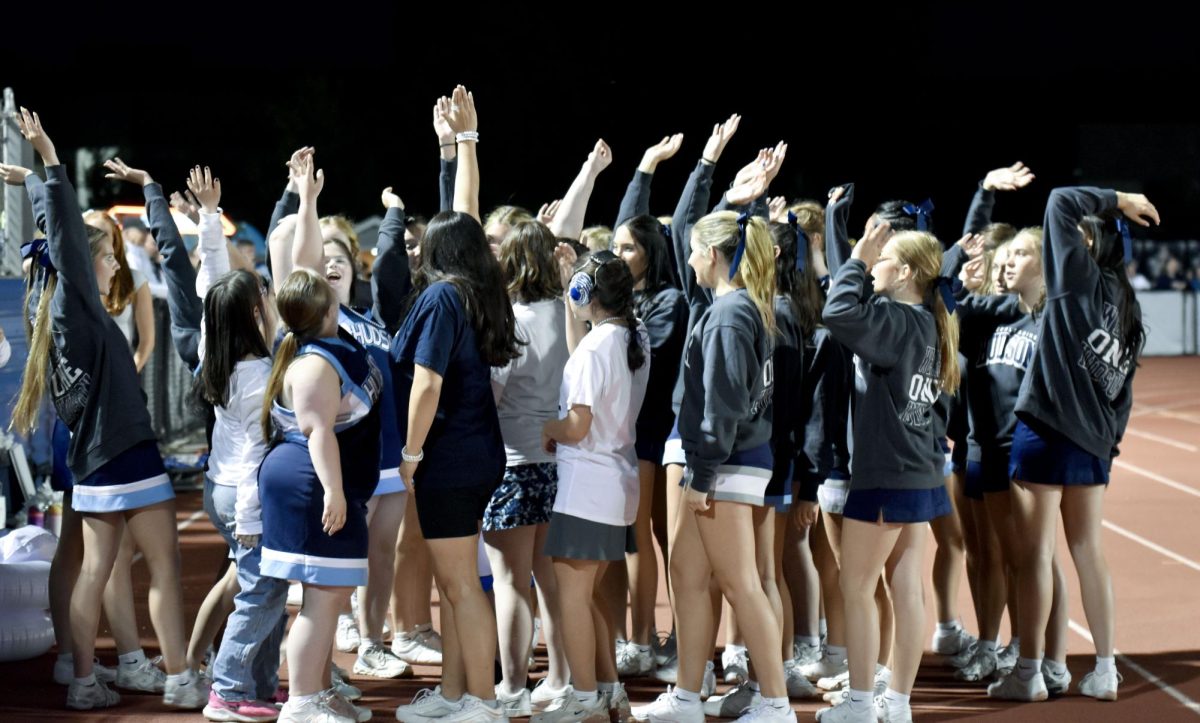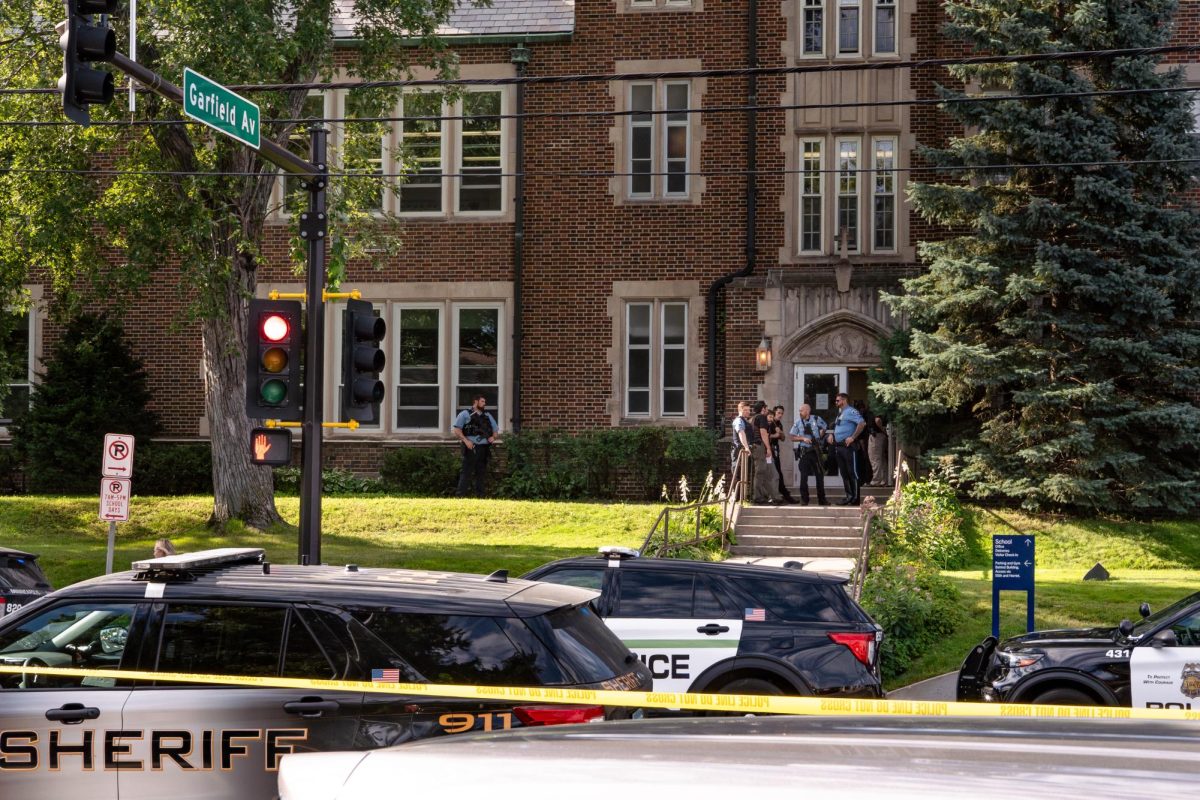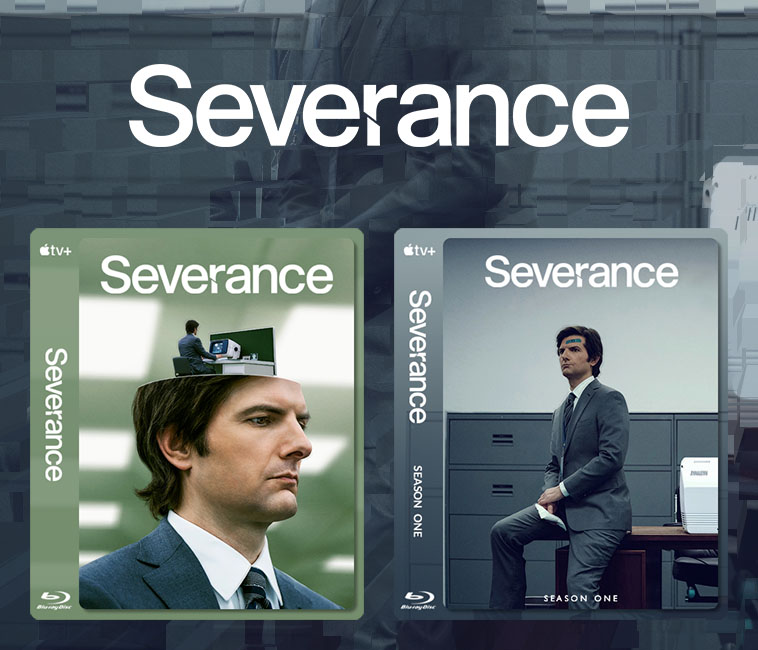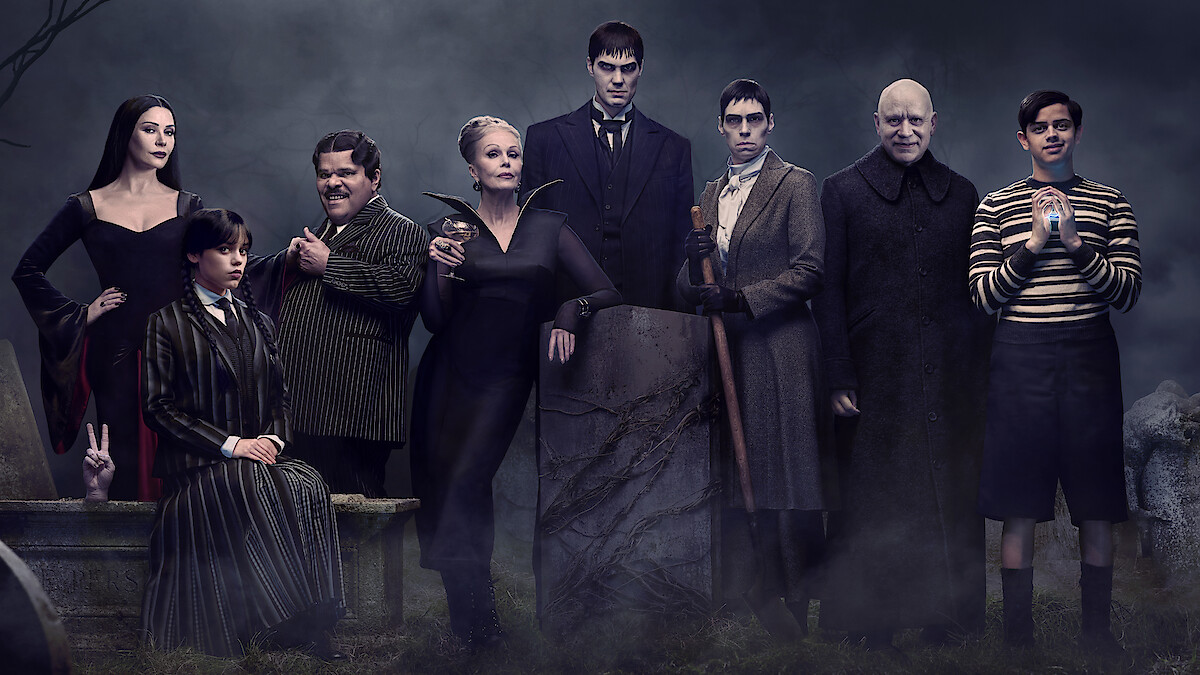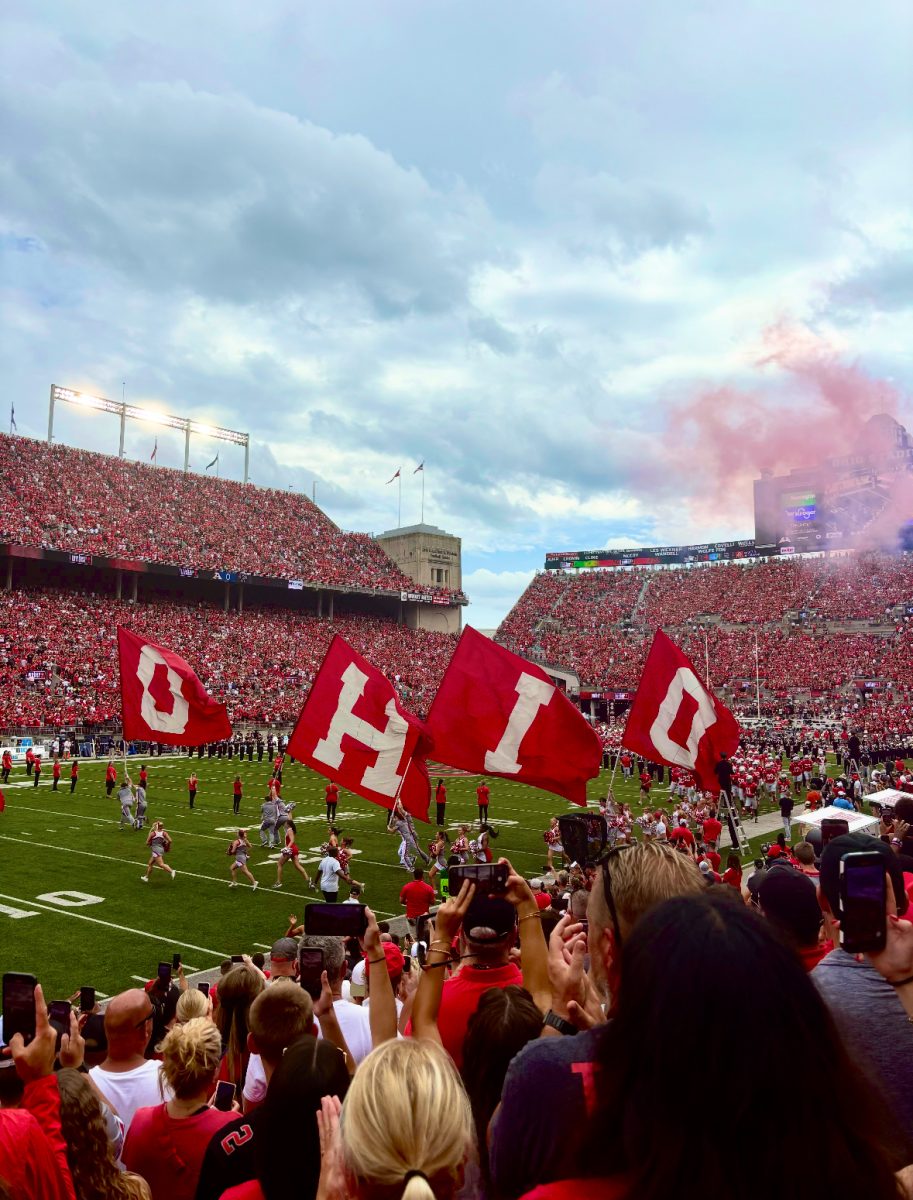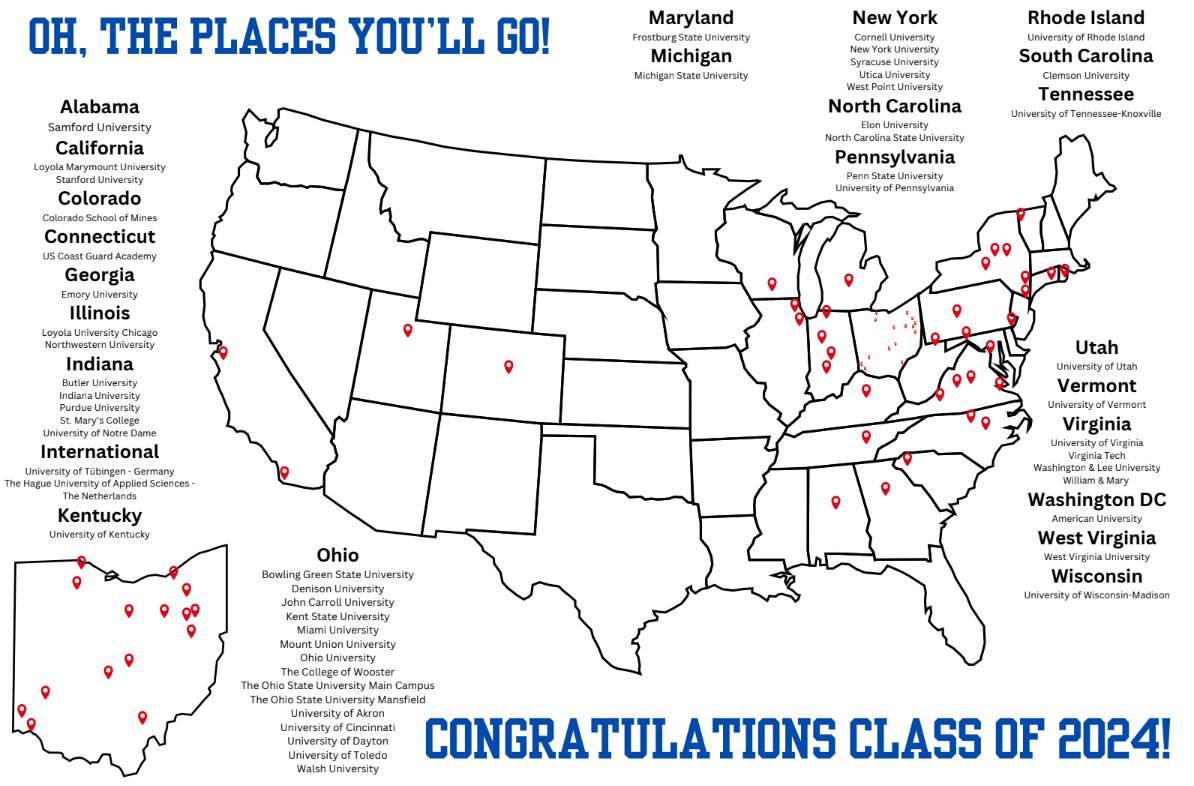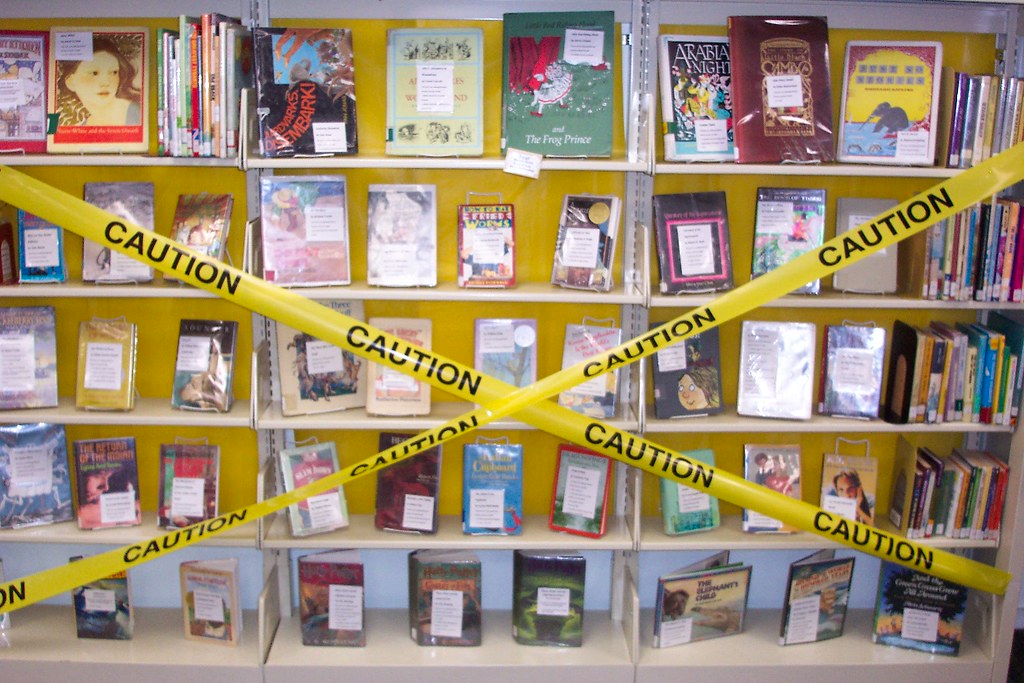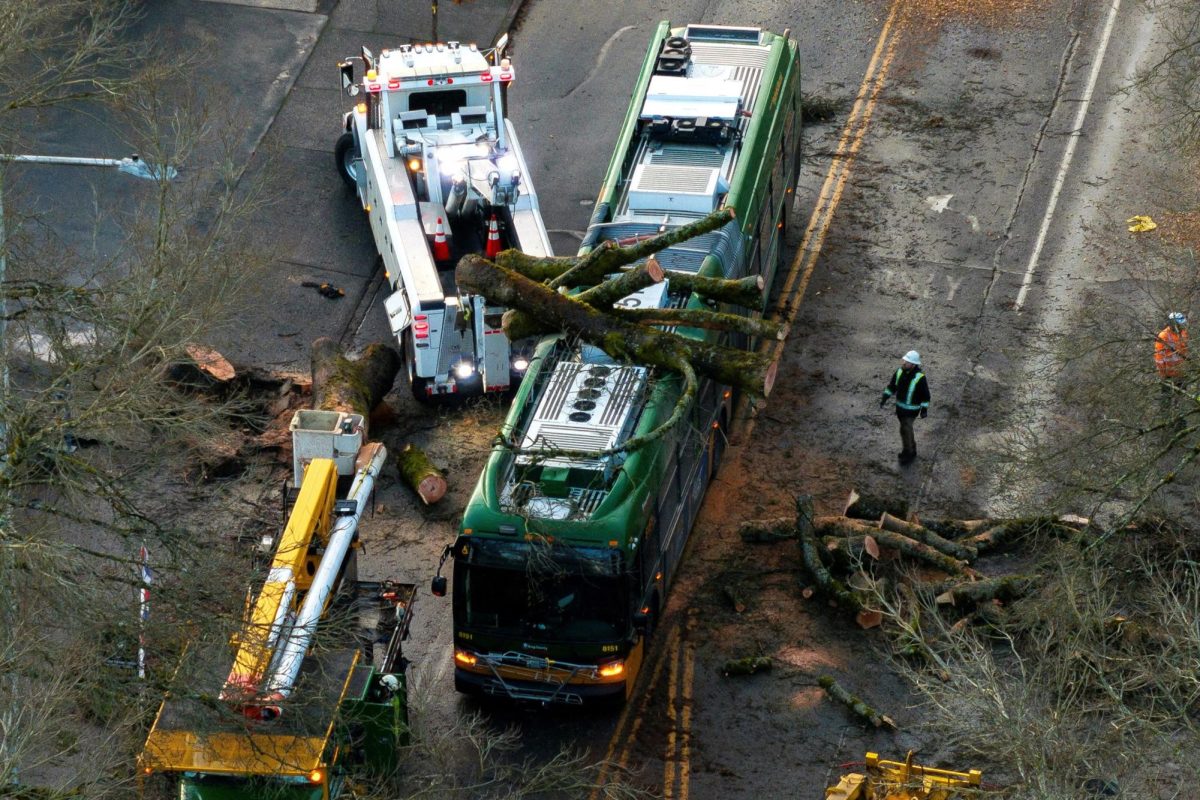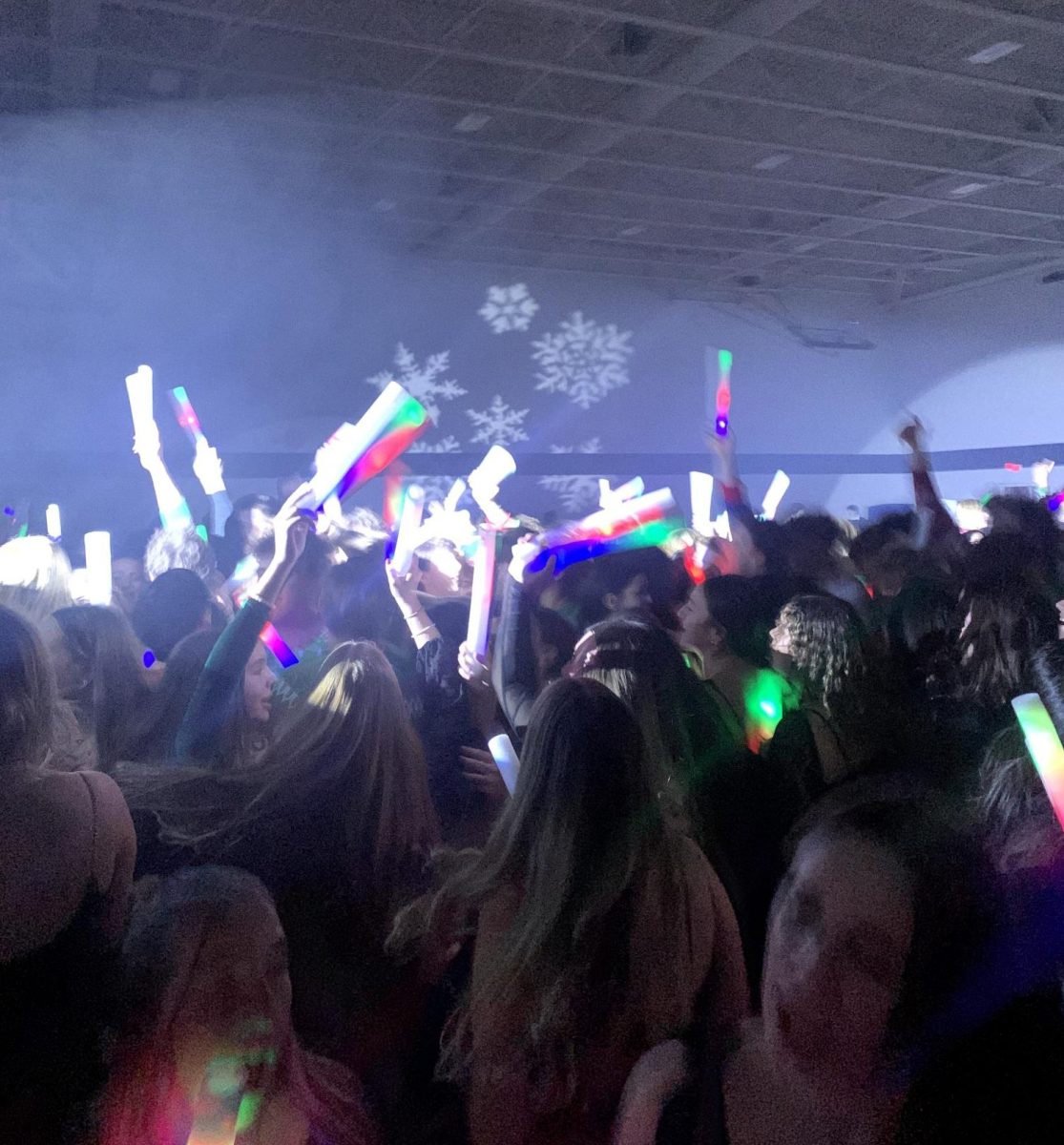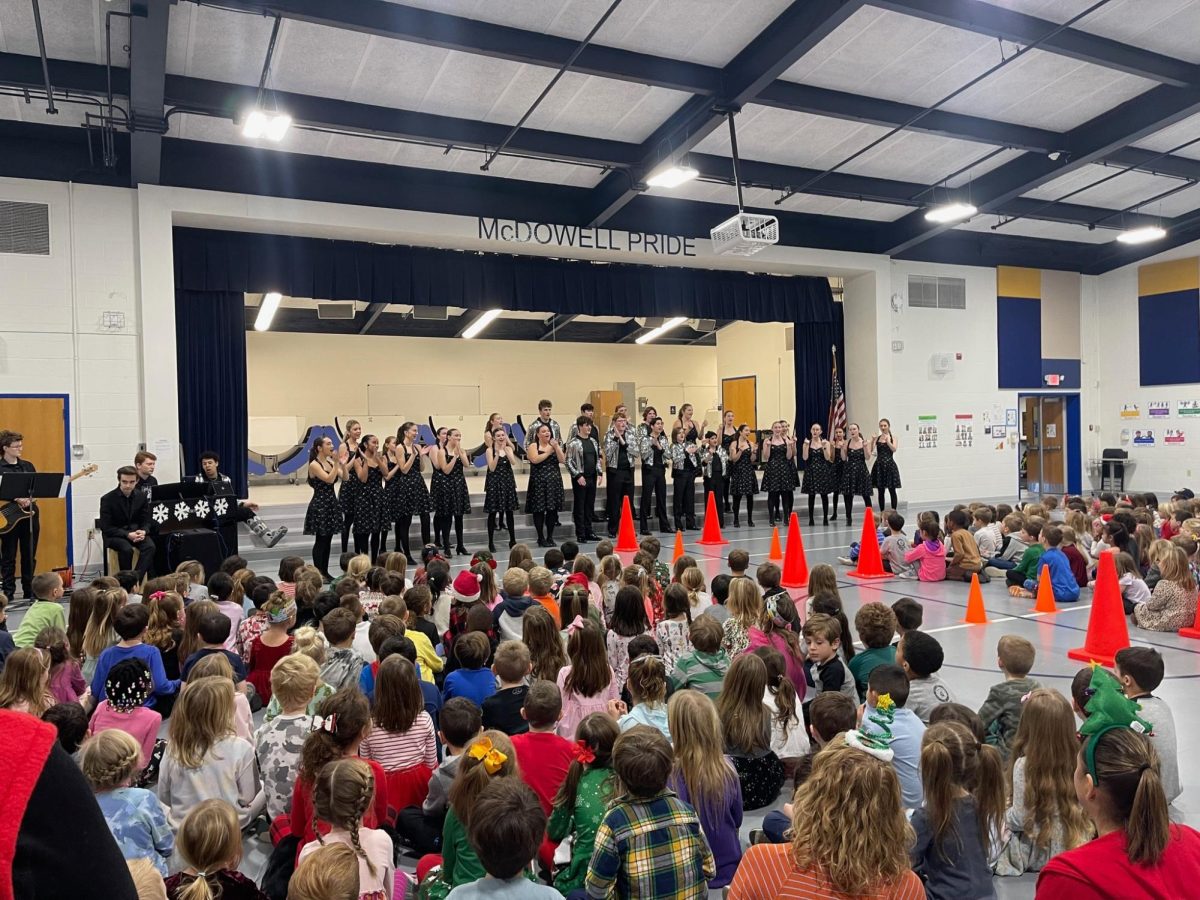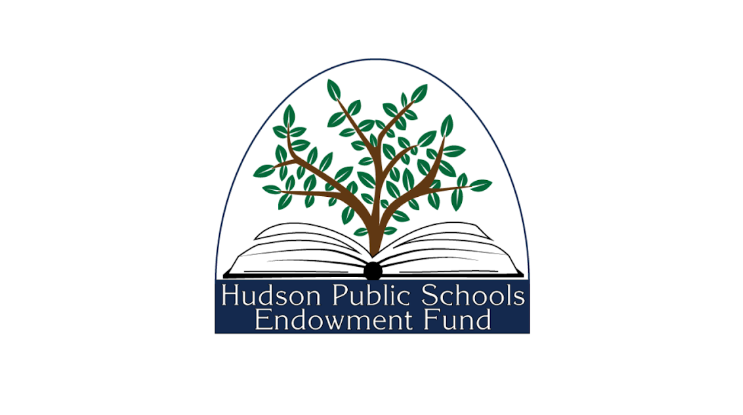Turmoil over the recent election has sparked discussion over Project 2025 and its provisions. With Trump’s newest suggested appointment of Brendan Carr, leader of the agency policy unit for Project 2025 supporters, to the Federal Communications Commision (FCC), the possibility of an increasingly conservative government is becoming ever more relevant.
Although Carr himself has not officially endorsed bans on books in the US, other members of the movement have. Placing bans on books would take away from the quality of education given to students across the country. Especially in high school. Literary works including 1984 by George Orwell, Crime and Punishment by Fyodor Dostoevsky, The Bell Jar by Sylvia Plath, Macbeth by William Shakespeare and The Great Gatsby by F. Scott Fitzgerald among over one hundred more. Books pushing to be banned often cast a light on poverty, racial and sexual/gender identity, along with topics like drugs, sexual assault, and shootings.
Most obviously, the first amendment states that “Congress shall make no law respecting an establishment of religion, or prohibiting the free exercise thereof; or abridging the freedom of speech, or of the press; or the right of the people peaceably to assemble, and to petition the government for a redress of grievances.” In other words, the first amendment protects US citizens rights to speech, press, assembly, religion and petition. So the question is, how would the government be able to ban books being that they are an obvious expression of free speech? The issue is actually dulled down to a lower level of government and takes place in private agencies. The American Library Association (ALA) explains this gap between public and private institutions, saying, “The First Amendment only prevents government restrictions on speech. It does not prevent restrictions on speech imposed by private individuals or businesses.” For example, education institutions like public schools are bound by the first amendment, while private schools have narrower guidelines they must abide by. As of now, there are approximately 4000 documented banned books throughout private institutions. Just this year the ALA reports, “Between January 1 and August 31, 2024, ALA’s Office for Intellectual Freedom tracked 414 attempts to censor library materials and services. In those cases, 1,128 unique titles were challenged.” Banning books not only restricts information that will shape children and their empathy towards others but would, over time, decrease the overall intelligence of the US.
Scientifically proven, reading increases empathy, intelligence, and prevents cognitive decline as you age. Banning books (in mostly fiction, realistic fiction and non-fiction genres) that give insight to the lives that may be experienced by others would indefinitely alter the emotional and social lives of children growing up without them. More extremely, the banning of books can create a society rooted in fear. Just the beginning, censoring books would also lead to restriction of speech and other forms of self expression. Especially in the classroom, teachers and students would second guess their ability to comfortably share opinions with fear of being punished. On another note, taking away rights to literature shows a deep discontent felt by many in the United State with regard to the past. Because many of the books being challenged represent controversial topics that have had impact in the past, banning them is like an affront to our culture. Winston Churchill once said, “Those that fail to learn from history are doomed to repeat it.” In this case, we are learning from these books and them being taken away might cause detrimental effects to the repetition of events in which they speak about.
While book bannings are becoming more and more prominent in the lives of Americans, it is important to remember the value of our first amendment rights and fight to keep them strongly established. Censorship of books will lead to a societal shift and will forever alter the lives of students.

